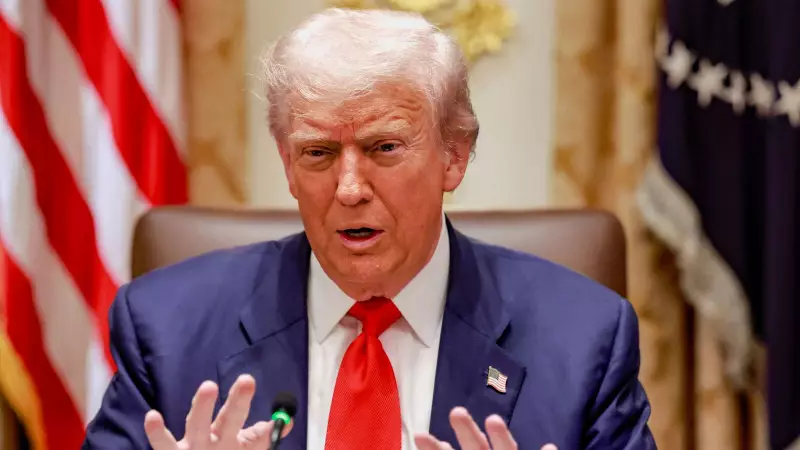
In a move that has captured political attention, former President Donald Trump has appointed Detroit-based entrepreneur Mark Savaya as his special envoy to Iraq, sparking widespread discussion about potential strategic calculations behind the selection.
Who is Mark Savaya?
Mark Savaya emerges from the bustling business landscape of Detroit, Michigan, where he has built a reputation as a successful entrepreneur with deep roots in the local community. His business acumen and community involvement have positioned him as a notable figure in Michigan's commercial sphere.
The Muslim Factor Conversation
The appointment has ignited conversations among political analysts about what many are calling the "Muslim factor" in this diplomatic decision. Savaya's background and potential connections within Muslim communities have become a focal point of discussion, with observers speculating about the strategic implications for US-Iraq relations.
Political Implications
This appointment comes at a crucial time in US foreign policy, particularly regarding Middle Eastern relations. The selection of a businessman rather than a career diplomat signals a potential shift in approach to international relations under Trump's influence.
Expert Reactions
Political commentators have noted several key aspects of this appointment:
- The potential for business-oriented diplomacy
- The significance of selecting someone from Detroit's diverse community
- The timing relative to upcoming political developments
- The message this sends to international partners
Looking Forward
As Mark Savaya prepares to take on this crucial diplomatic role, all eyes will be on how this unconventional appointment shapes US engagement with Iraq and the broader Middle East region. The business community, political analysts, and international observers alike await to see how this decision will unfold in the complex landscape of international diplomacy.
The appointment underscores the continuing evolution of diplomatic appointments in modern politics, where business expertise and community connections are increasingly valued alongside traditional diplomatic experience.





